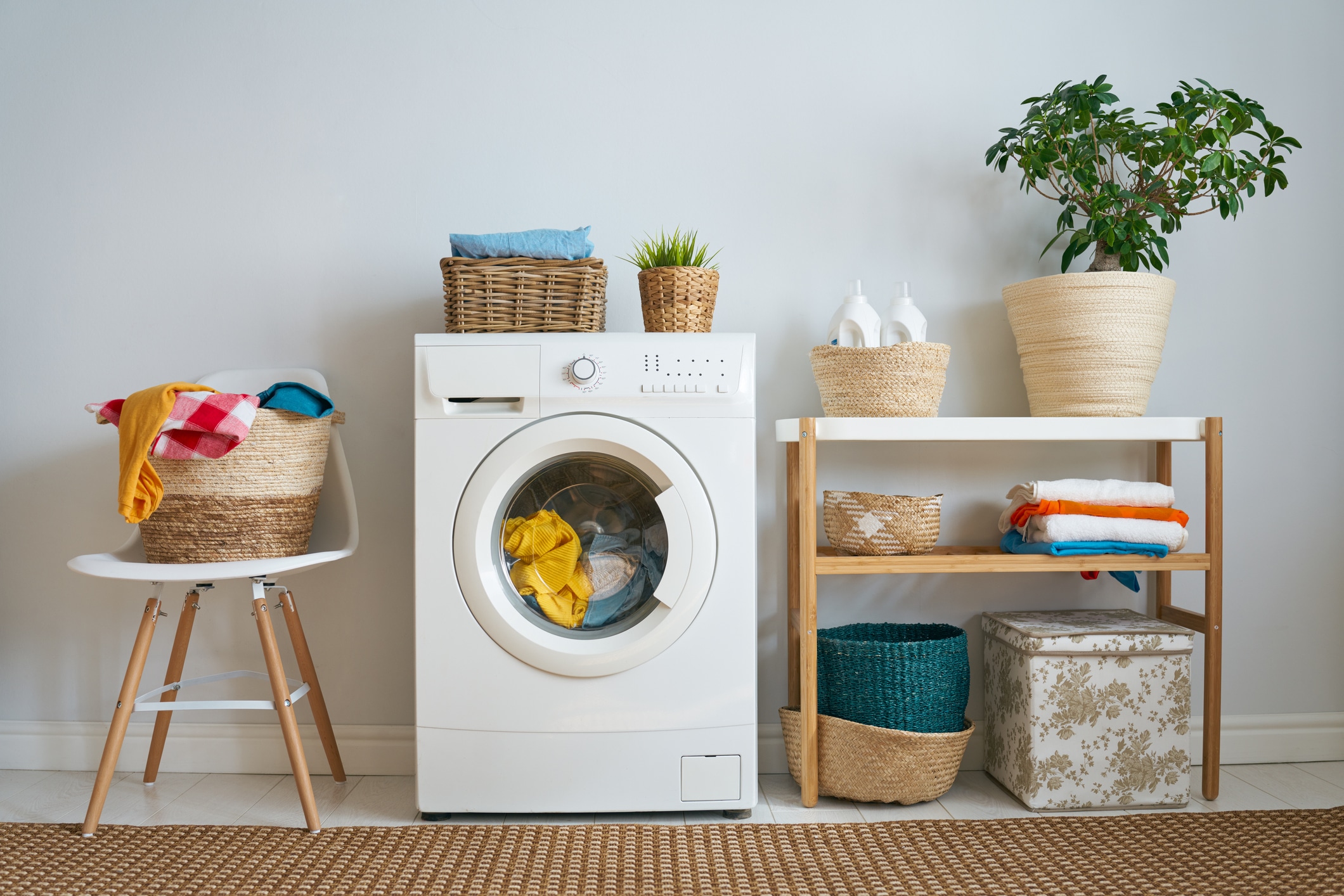A vírusok világában rengeteget olvasunk és hallunk a tiszta környezet fontosságáról. Sok nem mindennap használt szóra bukkanunk ilyenkor. A tiszta és a koszos szavak tárházát járjuk körbe egy kicsit, pontosítva jelentésüket és használatukat.

The pandemic has made us all very aware of how clean our hands and surfaces are. With cleanliness in mind, we thought it might be a good time to look at the language around being clean and being dirty.
Starting with ‘clean’ words, the adjective hygienic means ‘clean and therefore unlikely to cause illness’: Food must be prepared and stored in hygienic conditions. The opposite is unhygienic and the noun is hygiene. Two common collocations are standards of hygiene and personal hygiene:
Poor standards of hygiene were found in lots of local restaurants.
People’s idea of personal hygiene differs in different countries and cultures.
A place or thing that is extremely clean may be described as spotless or immaculate:
You should see his kitchen – it’s spotless!
Mr. Swift was dressed in an immaculate white suit with white shirt.
Something that is extremely clean and looks as if it hasn’t been used is sometimes described as pristine:
It will be easy to sell these trainers – they’re in pristine condition.
Something that is bright and shiny from being cleaned may be said to be gleaming:
Tom showed up in a gleaming red Alfa.
Susan always has gleaming hair and gleaming white teeth.
Conditions that are sterile are completely clean and free from bacteria:
In his dentist surgery every procedure is carried out in sterile conditions.
Moving on to ‘dirty’ words, (of which there are rather more), something that is extremely dirty may be described as filthy:
The bathroom was absolutely filthy.
The adjectives squalid and sordid mean ‘very unpleasant’ as well as ‘very dirty’ and are usually applied to places where people live:
Inside the old house, conditions were squalid.
We couldn’t wait to leave the sordid motel room.
There are a few informal adjectives for ‘dirty’ that end in ‘y’. Something that is dirty and unpleasant can be described as scuzzy:
The blankets looked a bit old and scuzzy.
Grubbyand grungy describe things that are rather dirty and need to be washed:
The towels in the bathroom look a bit grubby.
The A-list actor was wearing a grungy old T-shirt and jeans.
Something that is covered in mud or dirt might be described as mucky:
Could you take your mucky shoes off before you come into our house?
A dingy place, meanwhile, is dark and looks dirty:
The bedroom, painted blue, looked dingy and unwelcoming.
Something that is grimy has a dark layer of dirt on it:
This sink could do with a clean. It looks a bit grimy.
Finally, a place that is unsanitary is dirty and therefore likely to cause disease:
It’s no surprise that people get ill when they live in such unsanitary conditions.
So keep your home and your environment as spotless and sterile as you can!
source: blog article by by Kate Woodford, Cambridge Dictionary Plus
Vocabulary
|
cleanliness |
tisztaság |
|
hygienic |
higiénikus/ |
|
unlikely |
nem valószínű |
|
hygiene |
higiénia |
|
standards of hygiene |
higiéniai színvonal/ |
|
personal hygiene |
személyi higiénia |
|
spotless |
makulátlan/ |
|
immaculate |
makulátlan/hibátlan |
|
pristine |
makulátlan/tiszta új |
|
gleaming |
ragyogóan tiszta |
|
sterile |
steril/fertőtlenített |
|
filthy |
piszkos/mocskos/koszos |
|
squalid |
ocsmány |
|
sordid |
mocskos |
|
scuzzy |
piszkos/ |
|
grubby |
piszkos/ |
|
grungy |
szutykos/ |
|
mucky |
koszos/ |
|
dingy |
sötét és ütött-kopott |
|
grimy |
koszos/mocskos |
|
unsanitary |
egészségtelen |






